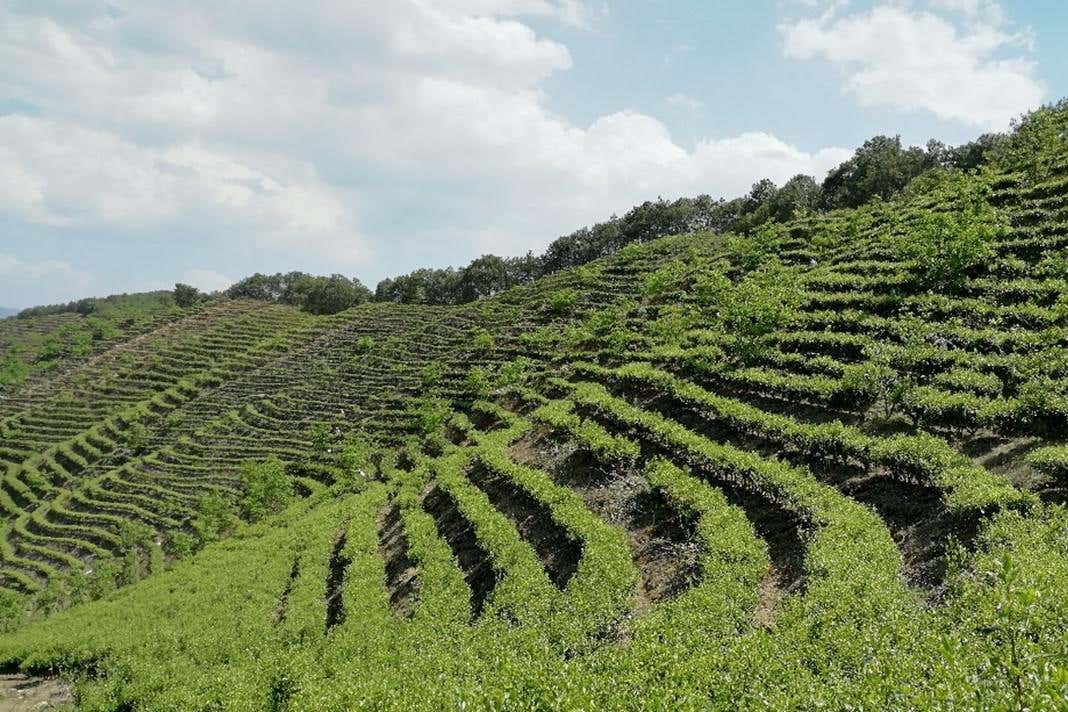Met Office works with Chinese farmers to protect tea harvest from climate change
British and Chinese scientists are working with local tea experts on what seasonal and climate information they need to adapt to climate change.

Met Office scientists are helping tea experts and local farmers in China to develop adaptation measures as climate change poses risks to supply from the world’s biggest tea-producing country.
The “Tea-CUP” project – CUP stands for Co-developing Useful Predictions – involves scientists from the UK and China gathering data from farmers in the southern Yunnan Province on different growing conditions to examine how different rainfall levels influence tea yield, price and quality.
The researchers are also currently investigating the accuracy of seasonal forecasts in predicting rainfall, with the hope that this information could help the farmers plan for the coming months and adapt to future climate events like heavy rainfall or drought.
While tea is one of the world’s most widely consumed drinks, crops are highly sensitive to changes in weather patterns with volatile conditions increasingly impacting the quality and quantity produced.
We have gathered multiple types of data on various timescales, such as tea yield, plantation area, tea price, temperature and precipitation, and used them to construct models that reveal the interactive effects of climate variation on tea production
This, in turn, can have wide-reaching economic and social consequences, the scientists said.
Climate change has been causing significant challenges across the global industry, and China accounts for more than 43% of worldwide tea production.
In the UK, where an estimated 100 million cups are consumed each day, experts have recently issued a string of warnings over tea price rises as extreme weather hit farmers in India and Kenya.
The Met Office said the Tea-CUP project’s inclusive approach with farmers ensures that services are tailored to the specific needs of users, considering factors beyond scientific evidence, such as cultural values and social norms.
Lead author Dr Stacey New, an applied climate scientist at the Met Office, said: “The collaborative approach between the UK and China has demonstrated that integrating scientific knowledge with local expertise has the potential to enhance the resilience of the tea sector to climate variability and change, and develop more effective climate adaptation strategies for the tea industry.”
Professor Shaojuan Li, another member of the research team, from Yunnan University of Finance and Economics, said: “We have gathered multiple types of data on various timescales, such as tea yield, plantation area, tea price, temperature and precipitation, and used them to construct models that reveal the interactive effects of climate variation on tea production”.
The Tea-CUP project comes as part of the Climate Science for Service Partnership China (CSSP China), launched in 2014, to stimulate scientific collaboration between research institutes in the UK and China.
It focusses on research that is fundamental to the development of climate services that support climate-resilient economic development and social welfare around the world.
Bookmark popover
Removed from bookmarks